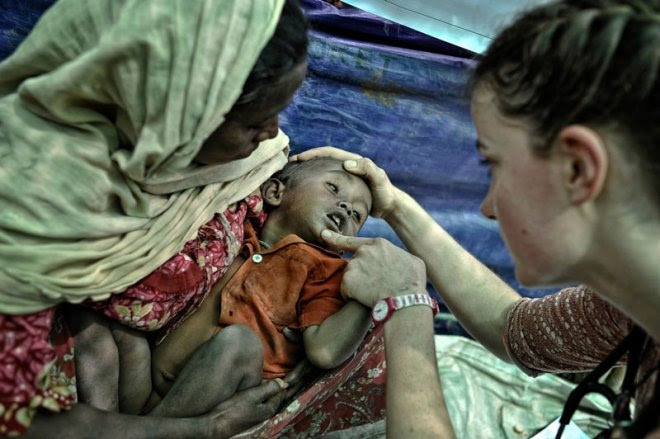International aid group Médecins Sans Frontieres was declining to comment on February 28 to reports that it had been ordered by the Myanmar government to cease operations in Rakhine State.

Deputy Information Minister and government spokesman U Ye Htut confirmed the expulsion of MSF from Rakhine State, in a telephone interview with Mizzima on February 28.
The expulsion was ordered because a Memorandum of Understanding between MSF and the Ministry of Health had lapsed in January, he told Mizzima.
U Ye Htut said that MSF, which was awarded a Nobel Peace Prize in 1999, had often overstepped the boundaries of its agreement with the government.
“According to the MoU there were only 19 foreign workers allowed, but in actuality 35 foreigners are employed by MSF in Myanmar; some are working on tourist visas,” he said.
“Another problem is that MSF was giving Bengalis preferential treatment,” U Ye Htut said, using the government term for Rohingya Muslims.
“Also, MSF was operating full fledged hospitals, while actually they were only allowed to provide basic health care,” he said, adding that its employees were “not following the rules”.
U Ye Htut said negotiations between MSF and the Ministry of Health were taking place in Nay Pyi Taw on a new MoU, which provided only for the provision of medical care in Rakhine State.
Accusations of bias against MSF started after it began providing assistance to victims of the communal violence which erupted in the state in June 2012.
Since February 21, protesters have been gathering for one hour each day outside MSF’s office in Sittwe, the Rakhine capital, to demand that it leave the state.


